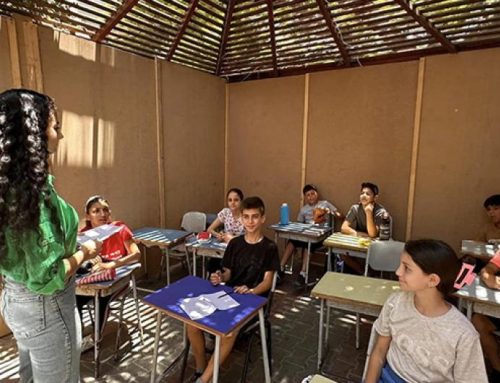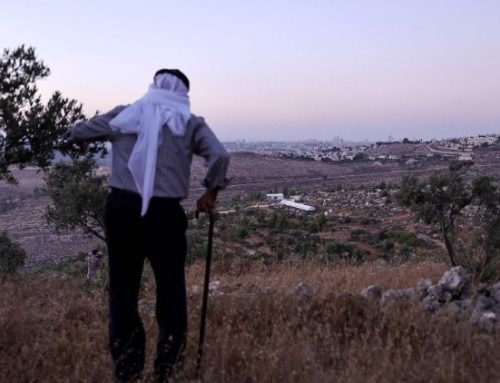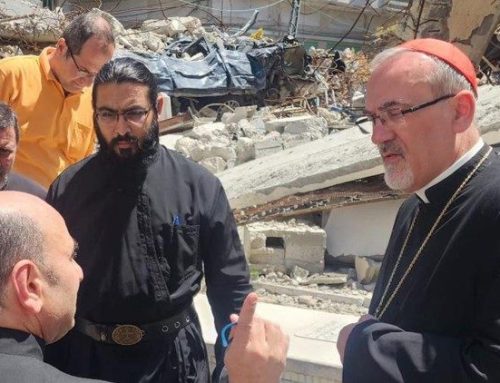For the most part I grew up in the 1950s and 60s. During these two dramatically different decades most of the foundations were laid on which the building blocks of my personal spiritual, philosophical, and political self found solid footing.
For the most part I grew up in the 1950s and 60s. During these two dramatically different decades most of the foundations were laid on which the building blocks of my personal spiritual, philosophical, and political self found solid footing. In my country the civil rights of African-Americans were a dominant focus as the entire nation was compelled to come face-to-face with our ugly history of oppression, degradation, and abuse of those who were different in superficial ways from those who held the power and made most of our national and local decisions. In spite of great reluctance we learned to be far more honest than ever before as we confronted the realities of our human relationships. I personally learned that a commitment to truth in both our internal and our international dealings and decisions is an essential element if we are to uphold those values we say we hold sacred.
A second formative force was my growing awareness of the horror and sheer magnitude of both the Holocaust and my world’s great and constant history of prejudice, bigotry, and monumental maltreatment toward any individual or group identified as religiously, ethnically, or culturally Jewish. Even at a young age, I was aware of the genesis of the state of Israel. My national ego swelled with pride as I watched my country stand resolutely with this infant nation as it joined the community of nations. The link between the unspeakable history of injustice, abuse, and death toward the Jewish people and the establishment of the state of Israel was absolute and incontrovertible.
Thus it was that I grew into adulthood with two parallel benchmarks for measuring and assessing personal, national, and international relationships, priorities and actions: The utter and absolute intolerance for Racism and anti-Semitism.
One Sunday last month I preached at a congregation which is very interested in the work of the church in the Holy Land and in the circumstances under which that church struggles to live. At the conclusion of the worship, the pastor and I were offering the traditional handshake and greeting at the back door. Everyone was friendly and cordial. Some expressed agreement with the views I put forth; others disagreed somewhat; still others spoke of their confusion over the generations-old conflict in the Middle East. Then a woman about my age came out, shook my hand, and said, “I disagree with what you said. You’re anti-Semitic.” I replied that I was sorry she felt that way, and reminded her that I had clearly articulated both the Israeli and the Palestinian perspectives on the situation. Then I gently reminded her that most of the individuals I identified for their courage and integrity in my sermon were Israeli Jews. She nodded and said that she had agreed with me most of the way through. She refused my offer to talk further, simply waving her hand in dismissal as she strode away. It took me a while to grasp just what she was saying, and then it hit me. All was well in her estimation until I told the congregation that, in my opinion, the Israeli occupation of the West Bank and Arab East Jerusalem, as well as its brutal control of the Palestinians’ land and lives, was just “plain wrong.”
In other words a presentation of the what I had seen, heard, and experienced while living in the Holy Land was more than acceptable, but when I dared to offer criticism of the nation of Israel I became—in her eyes—an anti-Semite.
Such an identification—where one equates any critique of the actions of a nation with an immoral prejudice toward a whole people of faith—is simultaneously wrong, illogical, and ultimately harmful to both the nation and to the people. In my years in Jerusalem I was so often moved by the laments, often tearful and always anguished, of Jews who were forced to be witnesses to injustices perpetrated on others in the cherished name of their faith. I remember one Orthodox Jewish woman, so troubled by what she saw every day, who sadly testified, “This government is robbing my faith of its soul.”
Jews and Lutherans, I have learned, have one thing in common: If ten of either group are gathered in one place discussing any matter of significance or consequence, there are automatically at least twelve opinions represented. Rather than being a flaw, that is a measure of strength for any such group, religion, or nation. It is on the anvil of differing, often conflicting opinions that a powerful consensus can be forged, truth brought forth, and morality shaped.
When a group or nation attempts to protect itself and its actions by a refusal to allow or even consider dissenting ideas, that nation is undermining its own existence.
Let none of us be guilty of supporting such destructiveness.
Russell O. Siler, Retired Pastor





